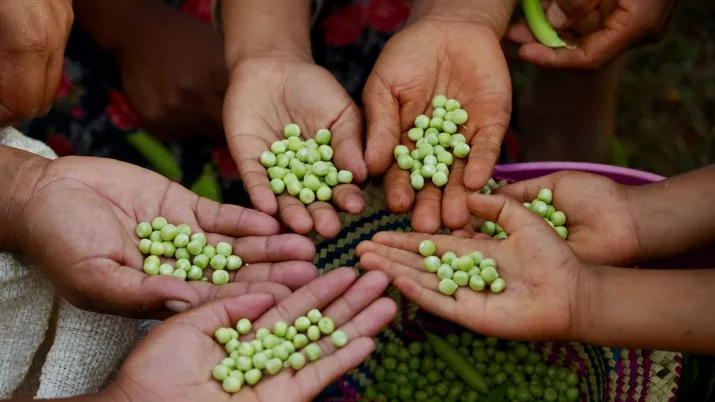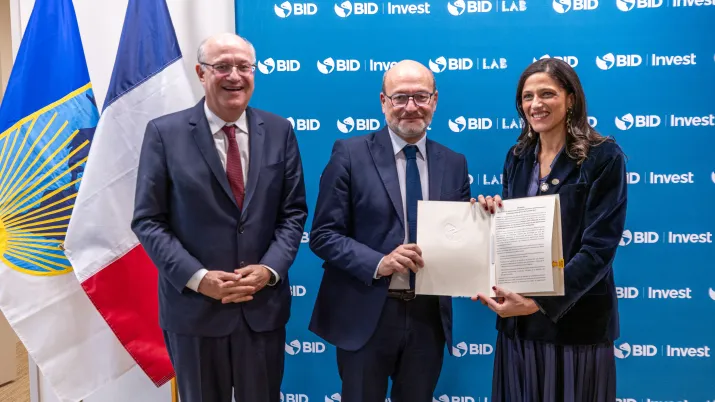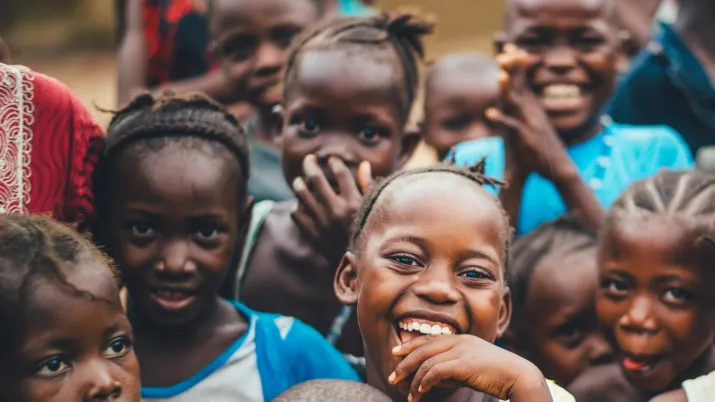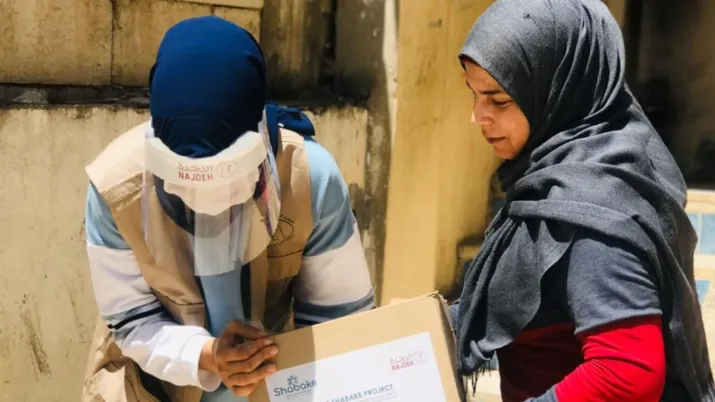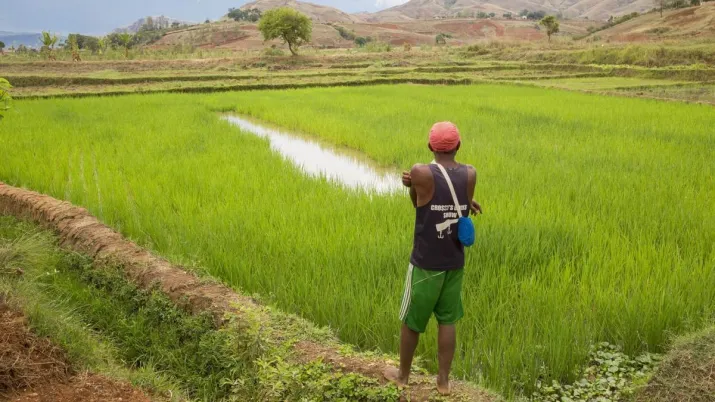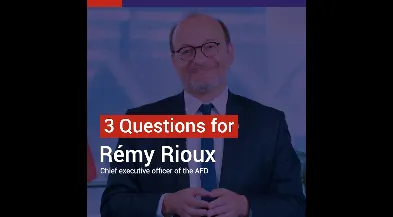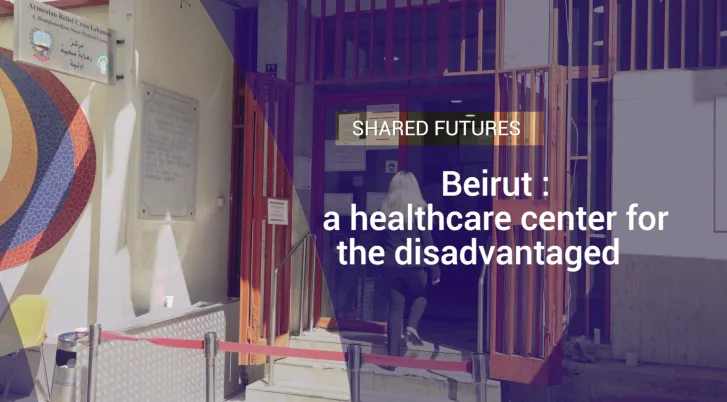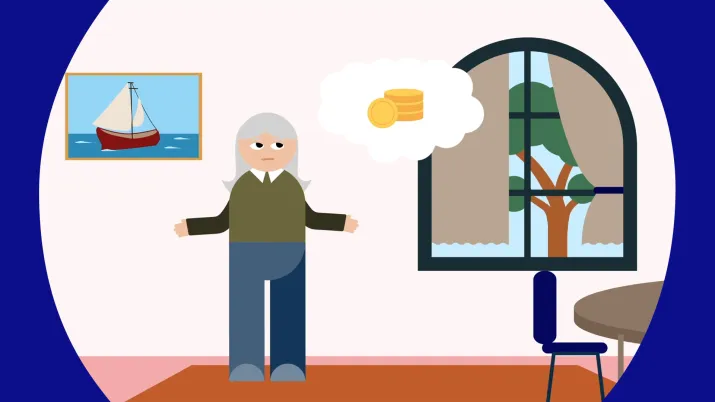Share the page
Crises and conflicts
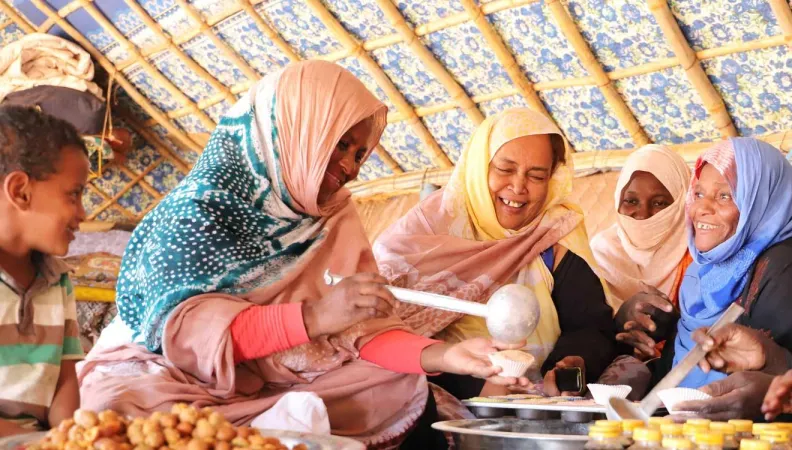
AFD acts before, during, and after crises to strengthen the resilience and peacebuilding capacities of our partners, including public institutions, international organizations, and local civil society organizations, and to support vulnerable populations.
Our commitment
The growing number of crises and conflicts around the world threatens peace and security for all. The security, political, and economic consequences of these crises extend beyond borders and give rise to new challenges that hinder development. Investing in peace and resilience is therefore a local and global imperative, in the interest of France, its partners, and vulnerable populations.
In full alignment with France’s international solidarity policy, AFD Group invests in crisis prevention and response by mobilizing its three entities (AFD, Expertise France and Proparco), along with a wide range of financial tools and partnerships.
Our approach
The growing number of crises and conflicts is making AFD Group’s areas of intervention increasingly volatile and complex. These realities require AFD to adapt its operations in order to better meet the needs of its partners and the vulnerable populations affected by these crises.
AFD follows a comprehensive and coordinated approach, centered on local and international actors. It promotes collaboration among civil society organizations and NGOs, local authorities, humanitarian actors, security and defense forces, and development partners. Each plays a role based on their mandate and added value, helping to increase the chances of achieving lasting peace.
AFD also aims to strengthen the conflict sensitivity of its operations. This means developing a better understanding of the contexts and crisis dynamics in which it operates, in order to design interventions that reinforce peace and resilience, and to develop more rapid and flexible operating methods.
In 2017, AFD created a dedicated financing instrument for crisis prevention and response: the Peace and Resilience Facility, Minka.
Coordinating a development mandate, humanitarian action and peacebuilding
Launched in 2017 as part of France’s strategy for Prevention, Resilience and Sustainable Peace, the Peace and Resilience Facility, Minka, is AFD’s dedicated tool for peacebuilding. Each year, Minka allocates 200 million euros to support medium- and long-term structural interventions. Its actions focus primarily on addressing the root causes of crises, while also taking their immediate effects into account. Minka operates across the phases of conflict prevention, crisis response, and post-crisis recovery.
Minka includes four geographic initiatives: the Sahel, Lake Chad, the Central African Republic, and the Middle East. These interventions reflect France’s diplomatic priorities and contribute to Sustainable Development Goal 16, which promotes just, peaceful, and inclusive societies.
This approach serves as a bridge between humanitarian and stabilization efforts led by the Crisis and Support Center of the French Ministry for Europe and Foreign Affairs (CDCS), and the development activities financed by AFD. Minka projects differ from traditional development projects through their crisis-adapted design, simplified procedures, and visible results over the short and medium term.
AFD has established partnerships with key actors best positioned to strengthen its work in crisis and conflict situations.
To help prevent crises, identify risks, and take into account the needs of affected populations, AFD collaborates with think tanks that have in-depth knowledge of its areas of operation, including the International Crisis Group (ICG), Groupe URD, and the French Institute for the Near East (IFPO).
To reinforce its action at the nexus of humanitarian assistance and development, AFD has built partnerships with the UN Refugee Agency (UNHCR) and the International Committee of the Red Cross (ICRC). These neutral and independent organizations implement development projects funded by AFD and contribute to strengthening its legitimacy on the ground.
To deliver projects, AFD supports civil society organizations (CSOs) from France and from its partner countries. AFD offers a broad range of tools tailored to the needs and added value of these organizations. An infographic available online outlines the full range of financing opportunities for CSOs.
Nearly 73% of the world’s refugees
live in low- or middle-income countries. By the end of 2024, the number of internally displaced persons had reached approximately 73.5 million (UNHCR).
These populations face violence, the loss of livelihoods, and limited access to basic services. These dynamics also affect host communities, increasing pressure on essential resources and fueling social tensions.
To address the vulnerabilities caused by forced displacement, AFD Group adopted a Migrations and Development Action Plan in 2024. The Peace and Resilience instrument, Minka, is AFD’s main channel for supporting refugees, internally displaced persons, and host communities.
In line with France’s commitments at the most recent Global Refugee Forum (December 2023), AFD has financed more than 40 projects through Minka to strengthen the resilience of refugee-hosting areas, for a total of 405 million euros.
70% of civilian victims in today’s armed conflicts are women and children (UN).
In times of crisis, women face multiple challenges. They work to provide for their families, protect themselves from violence (especially sexual violence) and ensure their voices are heard in conflict prevention, management and resolution processes.
As part of its feminist diplomacy, France is strongly committed to the Women, Peace and Security agenda, which seeks to protect women from conflict-related violence and promote their active participation in peacebuilding efforts.
AFD contributes actively to this agenda. Between 2017 and 2025, it financed more than 160 projects supporting the rights of women and girls in crisis and conflict settings, with over 1.4 billion euros committed. These efforts focus on regions identified as priorities in France’s foreign policy:
- The Middle East
- Central Sahel (through 2023)
- Central Africa
- Ukraine, since the start of Russia’s war of aggression in 2022
AFD also contributes to the objectives of France’s Third National Action Plan on Women, Peace and Security (2021–2025), both in its design and implementation, and is currently working alongside other relevant institutions to develop the Fourth National Action Plan (2026–2030).
AFD has forged partnerships with the stakeholders most capable of strengthening its action in crisis and conflict situations.
To prevent crises, identify risk and integrate the needs of populations, AFD works with think tanks that have extensive knowledge of its areas of operation: the International Crisis Group (ICG), URD Group and the French Institute of the Near East (IFPO).
To strengthen its action between humanitarian aid and development, AFD has established partnerships with the UN Refugee Agency (UNHCR) and the International Committee of the Red Cross (ICRC). These partners, which are recognized as being neutral and independent, implement development projects with AFD grants and contribute to strengthening its legitimacy.
To implement projects, AFD supports civil society organizations (CSOs) in France or from its countries of operation. AFD offers a wide range of tools tailored to the needs of CSOs and to their added value. An infographic available online gives details of the range of financing for CSOs.
46% of deaths caused by climate-related disasters occur in fragile countries (OECD).
Yet populations living in countries affected by both conflict and climate change receive three times less adaptation financing per capita than those in countries affected by climate change alone (International Crisis Group).
In fragile and conflict-affected countries, climate change acts as a risk multiplier. By worsening resource scarcity, undermining livelihoods, and driving forced displacement, it heightens the vulnerability of populations and exacerbates existing tensions. Despite this, these fragile contexts — among the most exposed — receive less climate financing than more stable countries.
In light of this paradox, how can more climate finance be directed to fragile and conflict-affected settings while also supporting stability and crisis prevention?
To address overlapping vulnerabilities, AFD finances projects that adopt an integrated climate-conflict approach in countries such as Chad, Mauritania, Lebanon, Haiti, Mozambique, Colombia, and Ethiopia. These projects support a wide range of actions for adaptation, mitigation, and biodiversity, while also contributing to conflict prevention and response.
On the ground
Below, you’ll find projects, news, and publications related to this topic — all in one place.
News & events
AFD joins the Alliance for Security, Justice and Development in Latin America and the Caribbean
Published on October 17, 2025
Related topics
Our publications
Key figures
-
€1.3 billion invested since 2017
-
90 projects underway in 22 countries
-
350 project implementation partners

